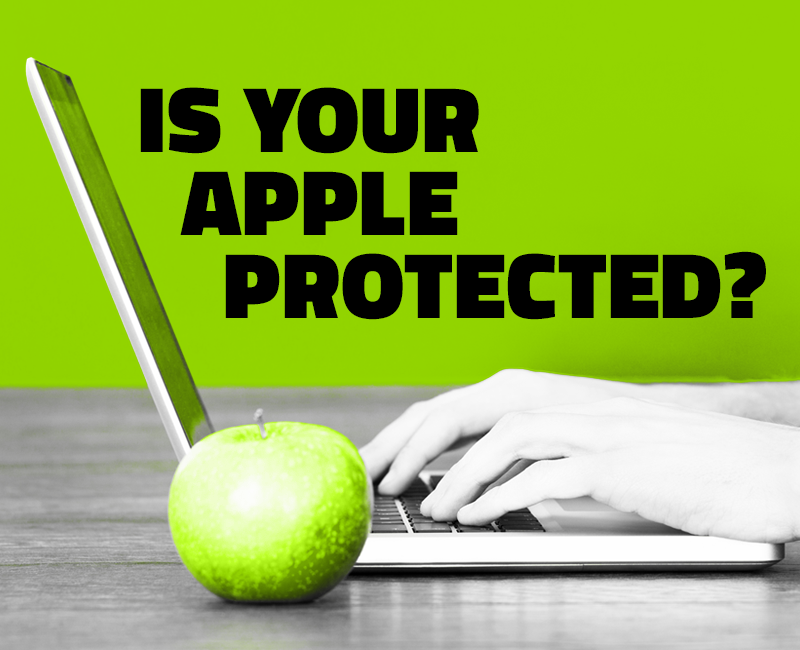Why You Should Protect Your Mac from Viruses
“I use a Mac, so I don’t need to worry about malware, phishing, or viruses.” Many Mac users turn a blind eye to cybersecurity threats, often noting that most scams and attacks occur on PCs.
However, within the last few years, there has been a noted uptick in spyware (a type of software that gathers information about a person or organization without their knowledge), adware (software that automatically displays or downloads advertising material), and potentially unwanted applications (PUAs) on Macs and iOS devices.
While Macs are known to have strong security features, they are by no means bullet proof. In a recent interview with CSO Magazine, Webroot Vice President of Engineering David Dufour noted, “Many of these incidents are occurring through exploits in third-party solutions from Adobe, Oracle’s Java and others, providing a mechanism for delivering malicious software and malware.” Even the most internet-savvy users should be sure to install antivirus software on their Mac products.
Recommended security tips for safe browsing on a Mac on our blog
Login to the community
No account yet? Create an account
Enter your E-mail address. We'll send you an e-mail with instructions to reset your password.



